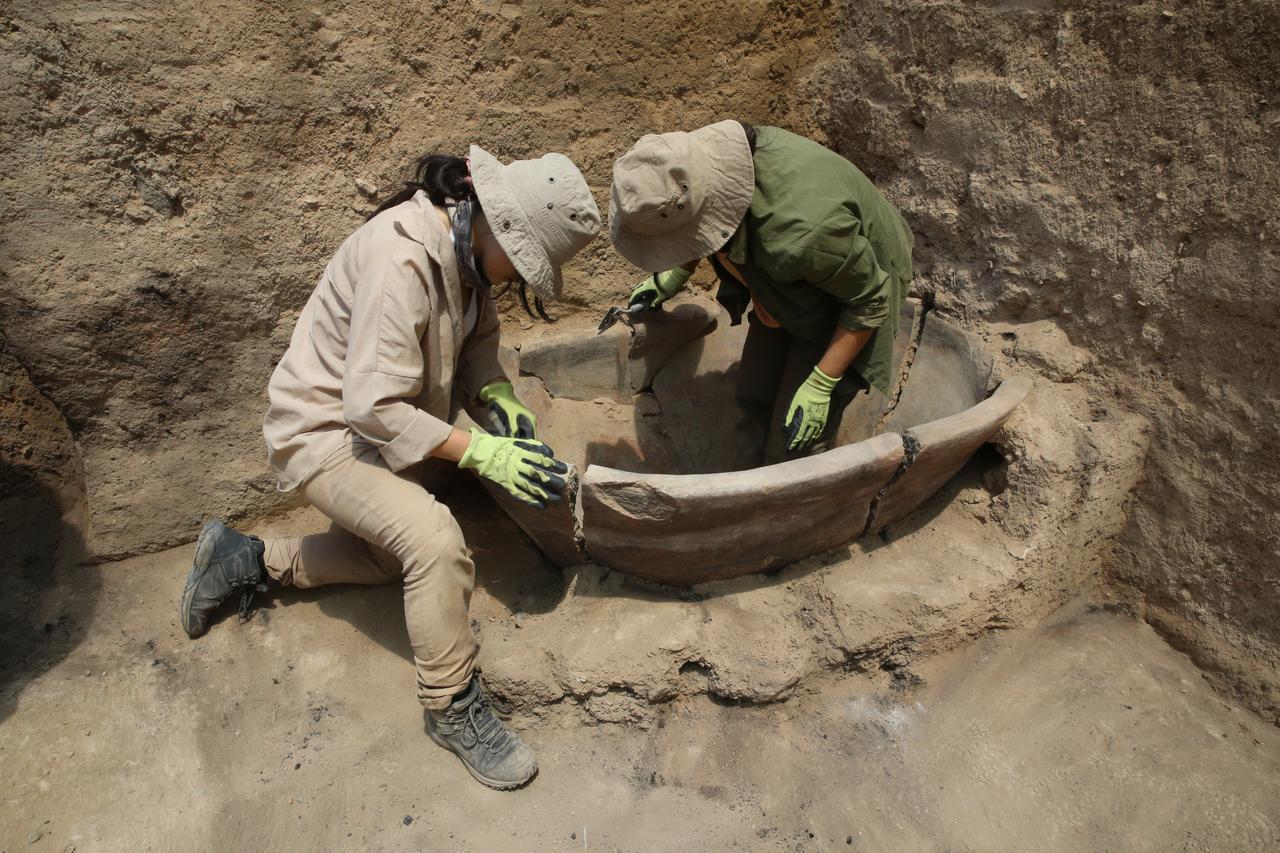
Excavations at the Ayanis Fortress, located on a hill overlooking Lake Van in eastern Türkiye, continue to shed light on one of the most impressive structures of the ancient Urartian Kingdom.
Researchers are currently investigating the northern rooms of the Haldi Temple complex, where weapons attributed to Urartu’s supreme deity, Haldi, were unearthed in 2024.
The ongoing project, carried out with permission from Türkiye’s Ministry of Culture and Tourism, has revealed remarkable finds, including three bronze shields and a bronze helmet believed to have belonged to the Urartian elite ruling class.
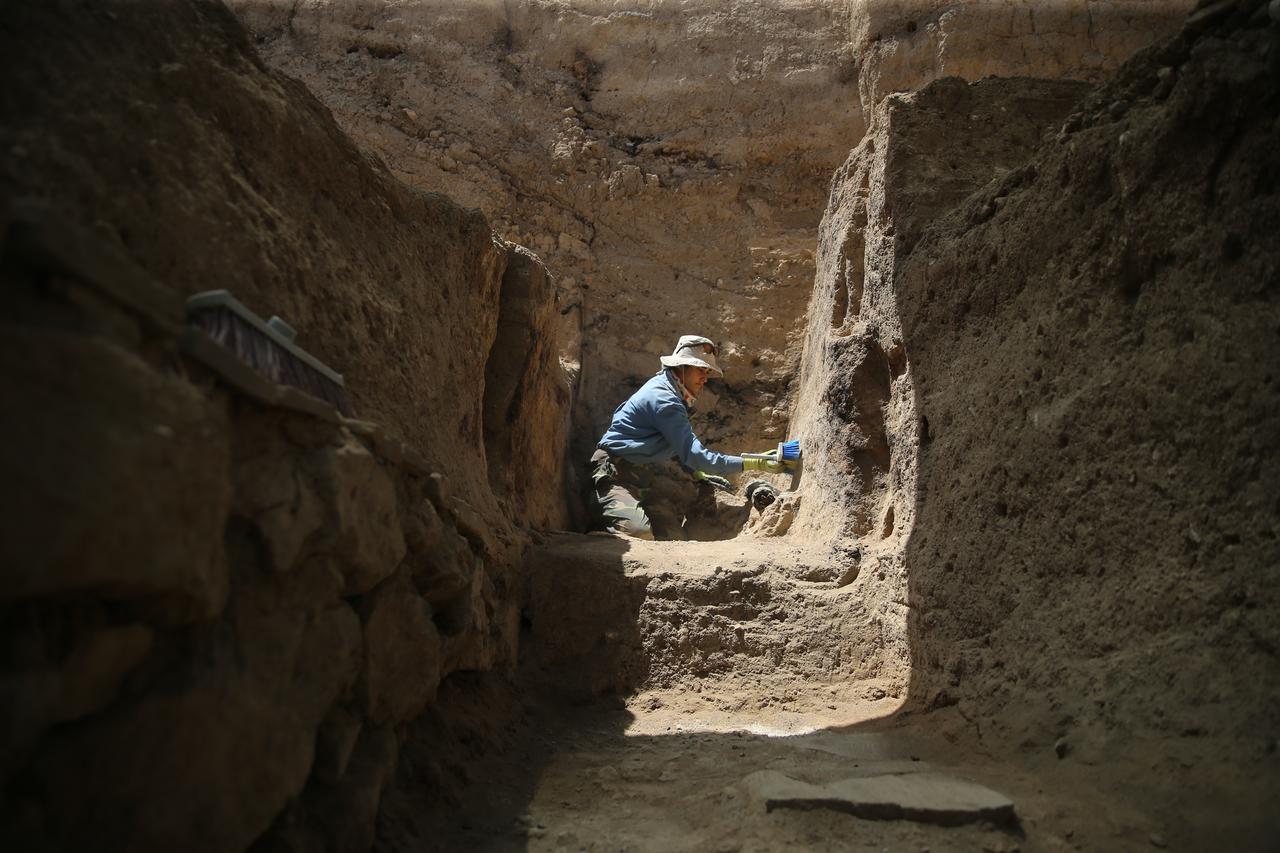
The fortress, commissioned by King Rusa II of the Urartian Kingdom, is considered one of the most magnificent architectural works of its time. With its well-preserved mudbrick walls, decorative stonework, and commanding view over Lake Van, Ayanis Fortress stands as a cultural and historical monument of exceptional importance.
A 25-member interdisciplinary team—comprising archaeologists, anthropologists, city planners, art historians, and conservators—is leading the excavation under Professor Mehmet Isikli of Ataturk University’s Archaeology Department.
Their efforts are now centered on unlocking the secrets of the Haldi Temple complex, particularly its northern chambers.
According to Isikli, the fortress represents the last grand construction of the Urartians and has been under uninterrupted excavation for 36 years. He described the Haldi Temple as the "jewel" of the entire site, calling it the "eye-catching centerpiece" and a “nazar boncugu"—a Turkish term for an amulet believed to ward off evil.
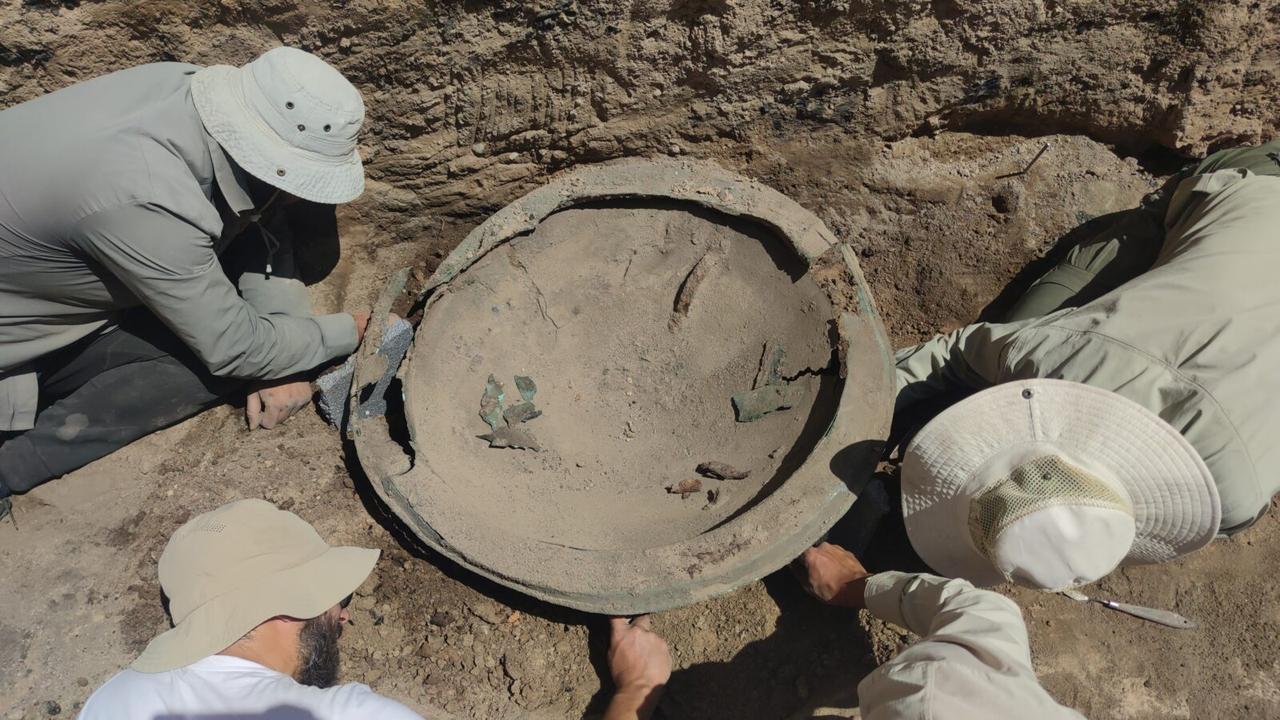
The recent discoveries suggest that the rooms were likely reserved for royal or ceremonial purposes. The excavation team has found two doorways, fragments of ceramic vessels, and a large clay tub, possibly used for storage.
“We’re still on the ground floor of the first room. This is a monumental structure, with remains that show a three-story layout. The walls are made of thick mudbrick, up to three meters wide,” Isikli said, emphasizing the architectural sophistication of the Urartians.
“We found two doorways, but we don't yet know where they lead. Further excavation will tell us more,” he added.
Evidence of a massive fire, along with the remains of burnt human bones, bronze and iron objects, inscribed documents, and official seals, has deepened the mystery of the site.
These findings support the idea that the rooms were closely tied to royal activities or high-status functions within the temple.
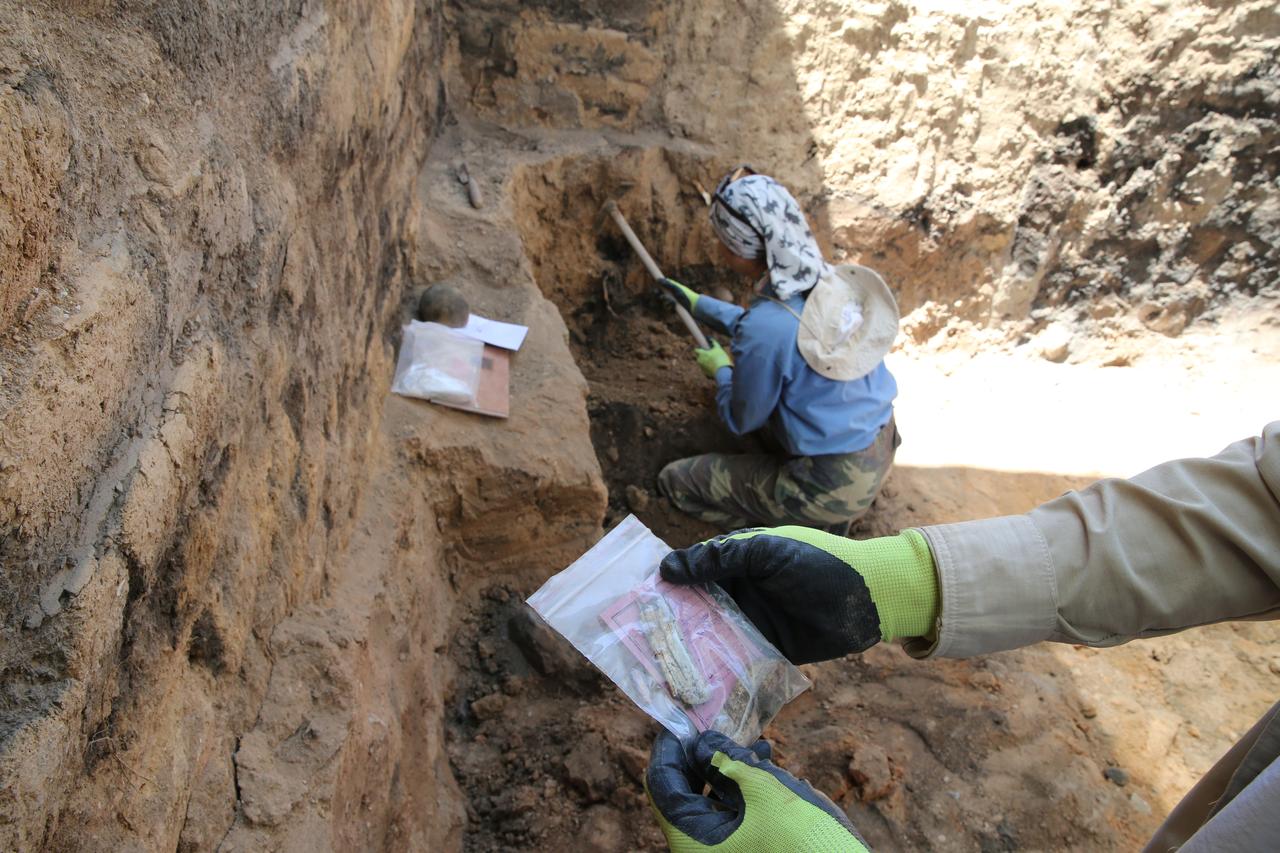
Isikli explained that this year’s season began with a careful cleaning process before launching full excavation efforts. He stressed that the team has been concentrating all its energy on this area for the past four years to preserve and interpret the legacy of the Haldi Temple.
He also noted the extraordinary craftsmanship of Urartian builders, who skillfully integrated the fortress into the surrounding topography.
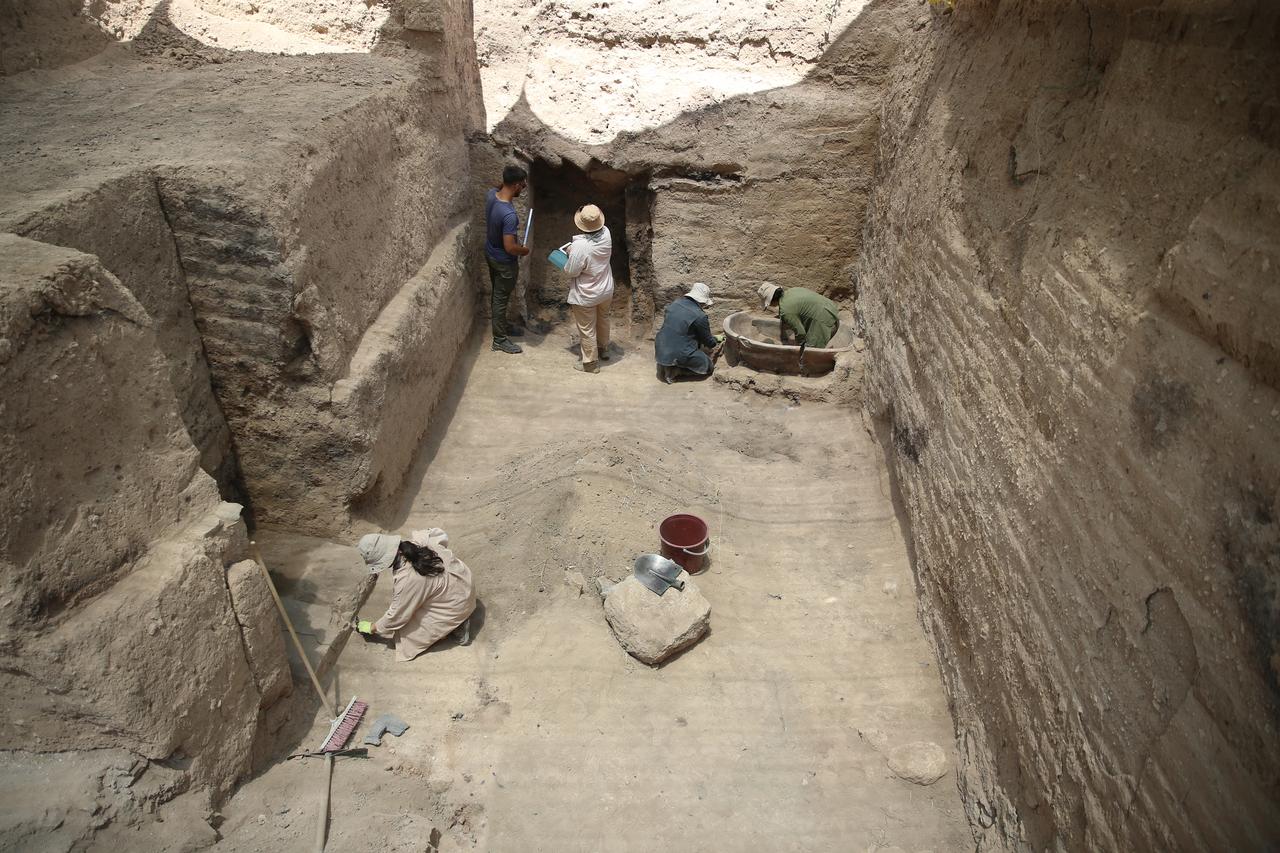
“They were masters of both mudbrick and stone architecture. The connected rooms they built are a testament to their engineering capabilities,” he said.
The goal is to fully uncover the complex and eventually open it to visitors, offering a rare look into the religious and political center of one of Anatolia’s most powerful ancient civilizations.